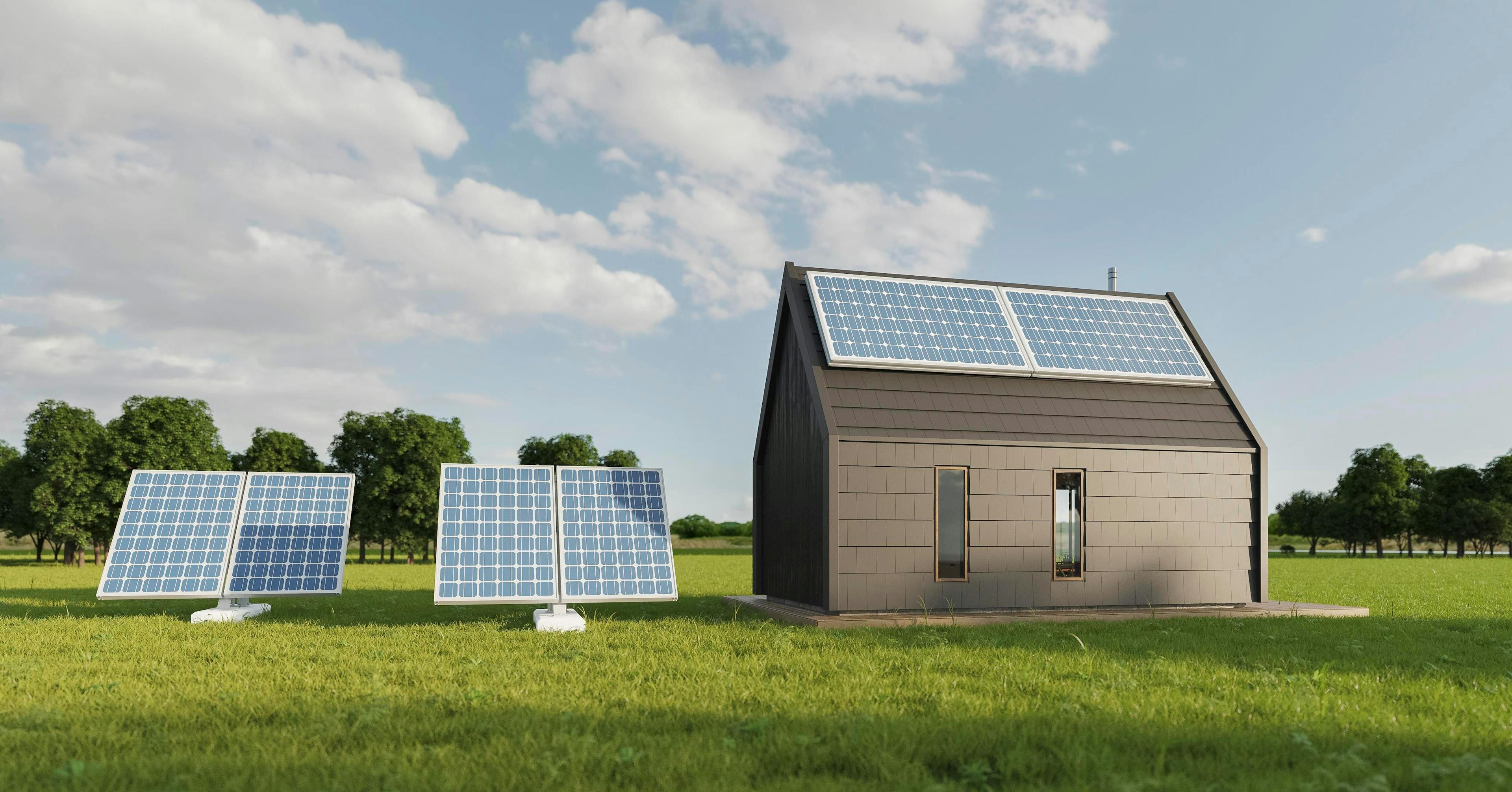Types of Solar Inverters in Malaysia | What are the 4 types of inverters?

The Rise of Solar Inverters in Malaysia
In Malaysia's surge towards sustainable energy, the spotlight is on solar inverters—the backbone of converting sunlight into usable electricity. This blog explores the pivotal role of these devices, emphasizing the importance of selecting the right solar inverter for optimal efficiency.
Focused on Malaysia's unique climate and energy needs, we highlight top-performing solar inverters, guiding readers to make informed choices in their pursuit of efficient and eco-friendly power solutions.
Types of Solar Inverters

(Credit: String Inverters)
A. String Inverters
String inverters are a fundamental component of solar energy systems, working by connecting multiple solar panels in series. This configuration allows the panels to generate a higher voltage, which the string inverter then converts from DC to AC. The simplicity of this design makes string inverters cost-effective, but it comes with the drawback of overall system performance being affected if one panel is shaded or malfunctions.
Pros
- Cost-effective due to a single inverter for multiple panels.
- Easy maintenance with a centralized point for monitoring.
Cons
- Susceptible to performance issues if one panel is shaded or fails.
- Limited flexibility in system design due to series connection.

(Credit: Microinverters)
B. Microinverters
Microinverters operate differently by being attached to each individual solar panel, converting DC to AC at the source. This decentralized approach enhances system efficiency as the impact of shading or panel malfunctions is minimized, although it comes at a higher upfront cost.
Pros
- Optimized efficiency with individual panel-level conversion.
- Minimal impact from shading or malfunctions in one panel.
Cons
- Risk of increased maintenance expenses in hot climates like Malaysia, potentially making it less suitable for such environments.

(Credit: Hybrid Inverters)
C.Hybrid inverters
Hybrid inverters combine the functions of a solar inverter with a battery inverter, allowing for energy storage. This design enables users to store excess energy for later use, providing independence from the grid during periods of low sunlight.
Pros
- Energy storage capability for increased self-sufficiency.
- Flexibility in using solar power during grid outages.
Cons
- Higher upfront costs due to dual functionality.
- Complex system design and installation.

(Credit: Central Inverters)
D. Central Inverters
Central inverters, also known as string inverters on a larger scale, serve utility-scale solar installations. They convert DC to AC for an entire array of solar panels, offering high power capacity but with potential efficiency losses across the entire system.
Pros
- Cost-effective for large-scale installations.
- High power capacity suitable for utility-scale projects.
Cons
- Efficiency losses due to the entire system's dependence on one inverter.
- Maintenance challenges with a centralized point of failure.
Factors to Consider When Choosing A Solar Inverter
A. System Size and Capacity
- Select an inverter that aligns with your solar panel system's size, ensuring it can handle the total wattage efficiently.
B. Efficiency Ratings
- Prioritize high-efficiency ratings to minimize energy loss during the conversion from DC to AC, enhancing overall system performance.
- Investing in a high-efficiency inverter ensures you get the most out of your solar panels.
C. Climate Considerations
- Consider local weather conditions to choose an inverter that can withstand temperature extremes and humidity, ensuring reliable and consistent performance.
D. Budgetary Constraints
- Find a balance between cost and quality, considering budget constraints without compromising long-term performance and reliability.
E. Compatibility with Solar Panels
- Ensure the inverter is compatible with the specific voltage and current characteristics of your chosen solar panels for seamless integration and optimal performance.
Solar Inverters: In A Nutshell
In summary, choosing the right solar inverter is crucial for an effective and sustainable energy solution. Consider factors such as system size, efficiency, climate compatibility, budget constraints, and solar panel harmony to make an informed decision that aligns with your vision for a greener future. Whether you want more information about solar inverters or are curious about the benefits of solar panels, take the next step in your green energy journey.
Whatsapp AQ Energy for additional details on solar inverters or explore our home page to discover how solar panels can revolutionize your home's energy efficiency and sustainability.
Frequently Asked Questions (FAQs)
A. Which inverter is good for solar?
The right inverter depends on factors like system size, efficiency needs, and budget. Consult a solar expert for personalized advice.
B. Is solar inverter good for home?
Yes, crucial for converting solar-generated DC electricity to usable AC, enhancing home energy efficiency.
C. How do you size a solar inverter?
Match inverter capacity to total solar panel wattage for optimal efficiency and performance.
